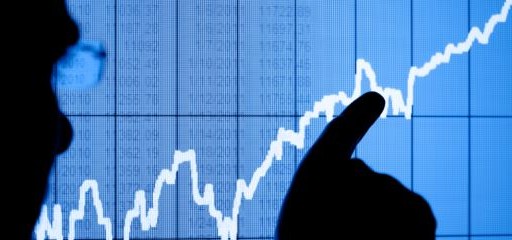- Home
- >
- Trading University
- >
- Frank Kollar: Investor or Trader…Which Are You?

Frank Kollar: Investor or Trader...Which Are You?

Most market participants consider themselves to be investors. But if you look at a list of the really big winners on Wall Street, you will see that most of those who make big profits, list themselves as traders.
Investors
Investors put their money into stocks, real estate, etc., under the assumption that over time, the underlying investment will increase in value and the investment will be profitable.
Typically, investors do not have a plan for what to do if the investment decreases in value. They hold onto the investment in hopes it will bounce back and again become a winner.
Investors anticipate declining markets with fear and anxiety, but unfortunately, they usually do not plan ahead of time how they will respond to them. When faced with a declining (bear) market, they hold their positions and continue to lose.
We all know investors. In many cases it was us before we realized how dangerous buy and hold investing could be to our savings.
Investors often have some knowledge of trading. But that knowledge is tainted by how it is all too often described in the financial press. Trading is risky, dangerous, foolish, bad, involves a great deal of work, etc. On the other hand, investing is good, reliable, and safe.
"Investors anticipate declining markets with fear and anxiety, but unfortunately, they usually do not plan ahead of time how they will respond to them."
Investors had a taste of what buy and hold can do to their capital in the 2000-2002 bear market. They lost again in the 2008-2009 bear market.
Traders
On the other hand, traders take a proactive approach to their investing. Traders have a defined plan and invest with one goal, to put their capital into the markets and profit.
They trade with a plan that tells them what to do in any situation. When to enter and when to exit. They never allow large losses.
Being a trader does not mean you must move in and out of the markets frequently. This is a common misconception. A trader simply is one who has a plan for entering and exiting. They know what to do if their trade goes against them and they know what to do when their trade is profitable.
Some traders go short (take bearish positions) as well as long (bullish) positions. Some are unable to go short or they find short positions to be uncomfortable. Probably the majority of traders do not ever take short positions.
But traders do have a plan. This is where they differ from investors.
 Varchev Traders
Varchev Traders If you think, we can improve that section,
please comment. Your oppinion is imortant for us.






